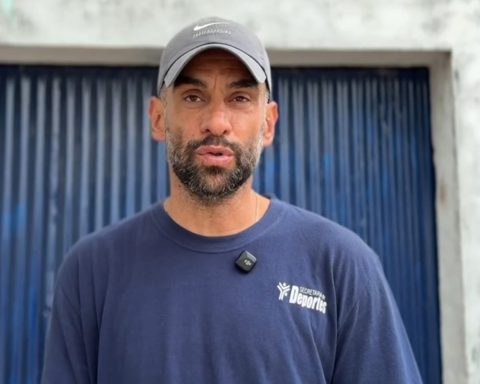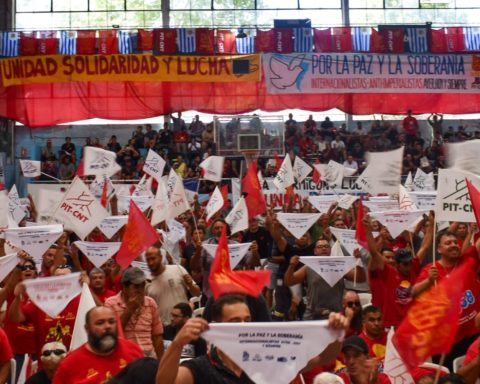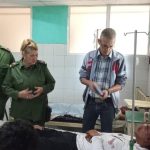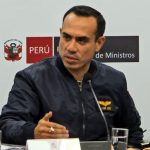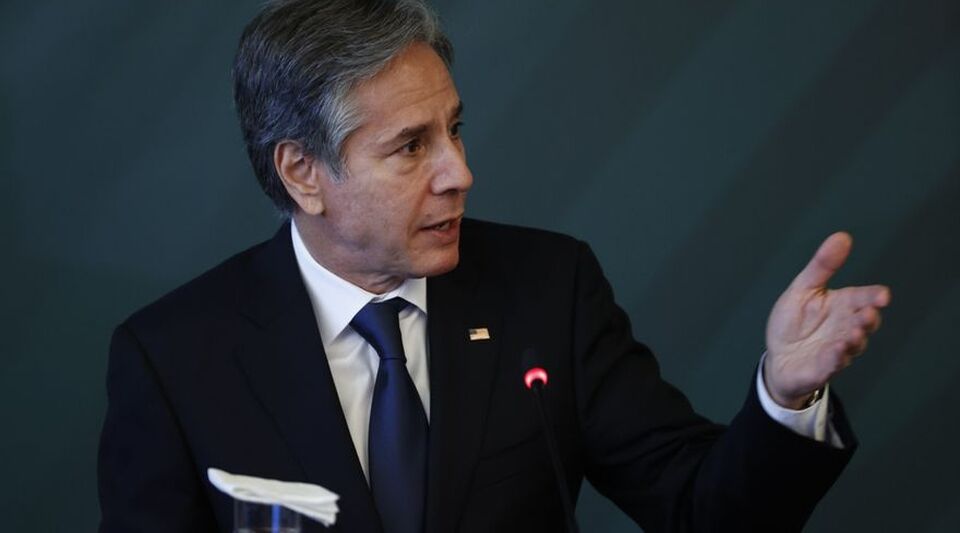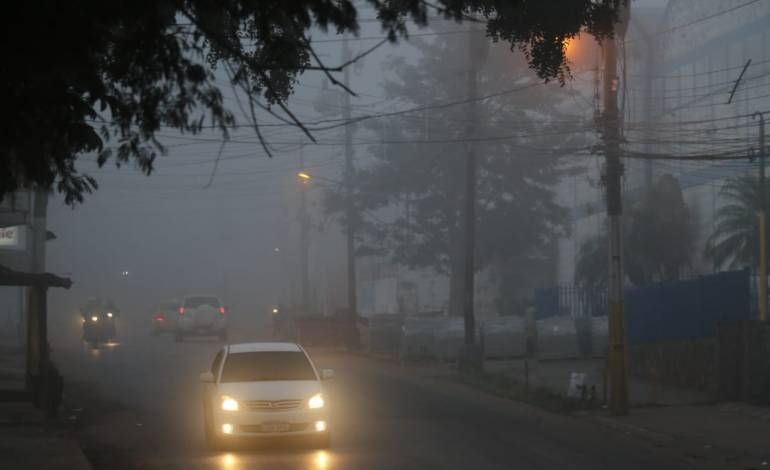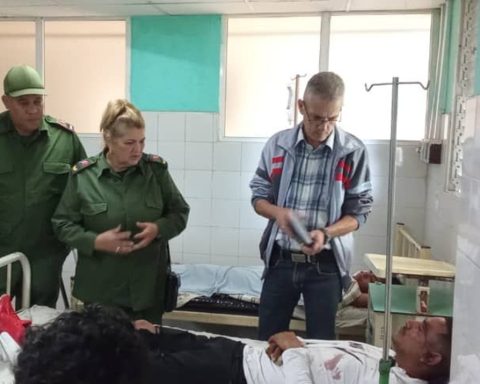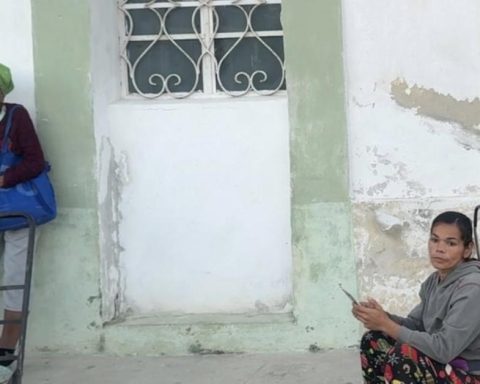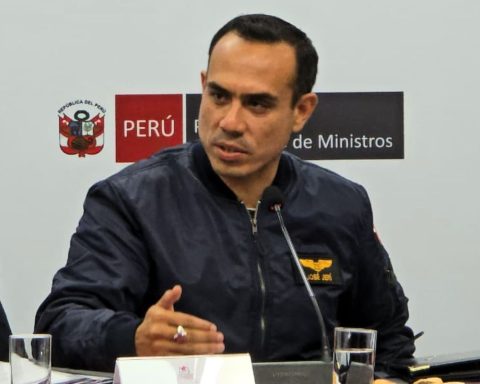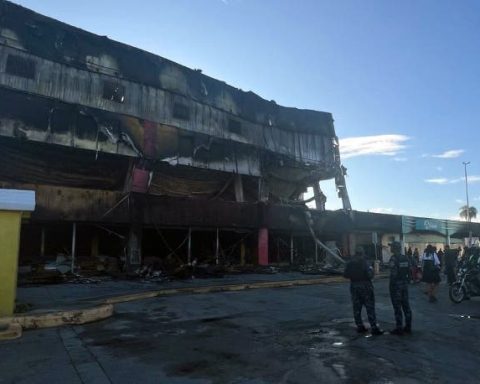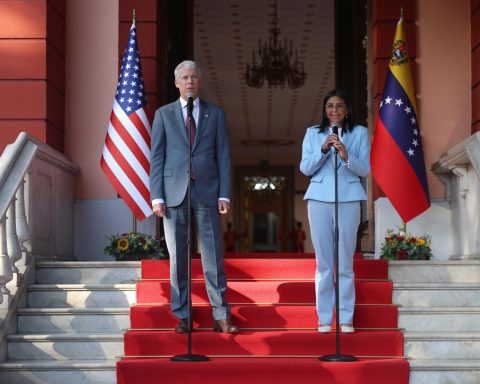The UTU Officials Association had announced that it would occupy the central courtyard of the agency’s headquarters, as part of its protest platform. A measure that, in practice, did not hinder the normal functioning of activities. However, this Friday, regardless of the union’s resolution, some people decided to occupy the room where officials loaded payroll, vital for the future assignment of classes and hours.
Upon receipt of the request by the authorities, the Ministry of Labor ordered the eviction, which was carried out without problems minutes later by the occupants.
This is the last of the 12 notices that that secretariat had to send since July 10, 2020, when the law of urgent consideration (LUC) took effect. Of the total, only two cases had to appeal to the police. So he told The Observer the National Deputy Director of Labor, Santiago Torres, when highlighting as “reasonable” the level of general compliance with the norm, when discouraging the carrying out of occupations or pickets in the workplace.
Article 392 of the LUC states that “the State guarantees the peaceful exercise of the right to strike, the right of non-strikers to access and work in the respective establishments, and the right of the management of the companies to freely enter the facilities ”.
The provision was regulated through decree 281/020 that enables, after a conciliation instance, immediate unemployment, under warning of the use of public force.
There the government appeals to the ILO Committee on Freedom of Association which, it is noted, has repeatedly observed the country because “the exercise of the right to strike and the occupation of the workplace must respect the freedom of work of non-strikers, as well as the right of the company management to enter the facilities ”.
Torres pointed out that what happened at the UTU was neither more nor less than the application of the criteria recommended by the International Labor Organization (ILO). This implies proceeding if a union measure goes beyond the peaceful exercise of the right to strike and prevents access to the establishment of people who have not joined the action.
What the LUC did, he remarked, was to extend to the private sector what since December 2010, under the government of José Mujica, prohibited occupations in state agencies.
This is one of the 135 articles that the opposition intends to repeal through the referendum. Last week, during an appearance in Parliament, the general secretary of the PIT-CNT, Marcelo Abdala, said that the article “assumes, on the one hand, that the strike itself is not peaceful and, on the other, does not express how The State will guarantee the peaceful development of these measures, revealing restrictions on the exercise of the right to strike, ”according to La Diaria based on the stenographic version.
According to Torres, 10 of the intimations were for occupations carried out, precisely, in the public sphere.
The list is made up of several UTU technical schools, secondary schools, the Ancap headquarters on Avenida del Libertador and Paraguay and the Capurro de Alcoholes del Uruguay (ALUR) plant. Also OSE, whose union came to occupy seven premises simultaneously.
Only two cases correspond to the private sector: the recent occupation of the plant of the Acodike company and an event that Torres especially recalled, derived from the confrontation between two partners of the same farm establishment.
Differences due to the business resulted in one of the owners, allied to a part of the workers, occupying the property, for which he was denounced by the other owner. “It was all very confusing,” Torres recalled.
Outside of this survey, he pointed out, there were the measures that managed to be deactivated through a simple phone call. What Torres called “micropiquets” were also registered, which due to their short duration –often calculated– prevent the ministry from intervening. As he said, it is a common measure at the entrance to the Port of Montevideo to prevent the entry of trucks, which always generates distortion in the traffic of the area.
On a personal basis, the hierarch said he understood that the LUC has had a “morigerating” effect on the carrying out of occupations. In his view, the most relevant thing is that it has been effective “protecting the rights of all the actors involved in a conflict.”
In the last meeting that President Luis Lacalle Pou held with the main leaders of the coalition, one of the concepts that were discussed was precisely the need to emphasize the way in which the LUC contributed to expanding “freedoms” and ” rights ”of citizenship.
Most of the intimations were delivered personally by Torres, political representative of the Colorado Party in the ministry. “I like to show my face.”
“Trade union pathotism”
The result of the LUC in this area was part of the evaluation that delegates of the government coalition carried out this Thursday at the last coordination meeting in the Executive Tower. It is an aspect that, although it is far from being central, is seen in a positive way by the population.
This is at least the result of the focus group presented by publicist and presidential advisor Roberto Lafluf. Congressman Iván Posada (PI) pointed out to The Observer According to this study, the perception among citizens is that it is an initiative that, while protecting the right to strike, also protects the right to work and property.
The specific description that was made is that people “share” the validity of a provision that “curbs attitudes of union patoterism.”



